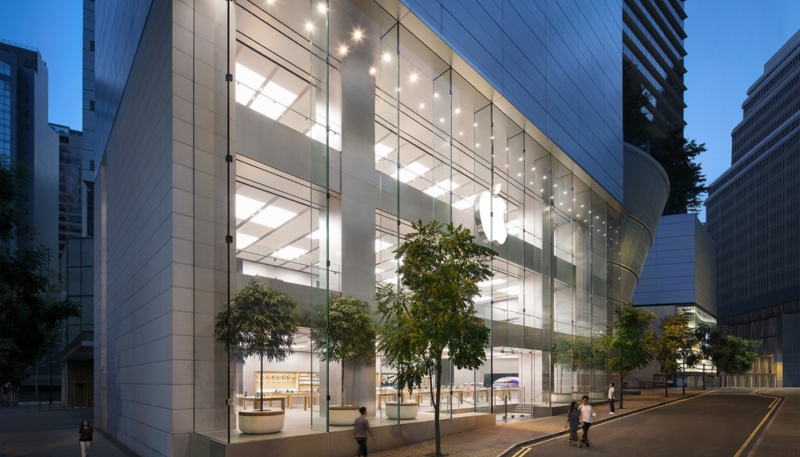Apple says it is “assessing” the implications of China’s newly invoked “National Security Law” in Hong Kong. The new law, passed last week, is intended to crack down on political crimes and, according to critics, permanently stifle unrest in Hong Kong.
The National Security Law creates a collection of legal instruments that can be used by China to put pressure on Hong Kong dissidents and crush political opponents, The New York Times reports.
Bloomberg reports Apple is assessing the situation:
“Apple has always required that all content requests from local law enforcement authorities be submitted through the Mutual Legal Assistance Treaty in place between the United States and Hong Kong,” the company said. Under that process, “the U.S. Department of Justice reviews Hong Kong authorities’ requests for legal conformance.”
Apple says it has not received requests for Hong Kong user data since the law came into effect last week, and noted that it doesn’t get requests directly from the government there.
Bloomberg says Facebook, Twitter, Google, and other large tech companies have put a temporary hold on user data requests from Hong Kong officials while they review the new law.
The new National Security Law gives China sweeping powers over Hong Kong. It is expected to tighten the Communist Party’s grip on Hong Kong following last year’s protests.
The New York Times says the law includes “ambiguously worded offenses of separatism, subversion, terrorism, and collusion with foreign countries carry maximum penalties of life imprisonment. Inducing residents to hate the government in Beijing or Hong Kong is defined as a serious crime.”
Apple has long been caught in the middle of the struggle between China and Hong Kong activists.
Last year Apple was the focus of anger for removing HKmap Live, the app protestors used to monitor police movement. Apple CEO Tim Cook defended the move, saying that “the app was being used maliciously to target individual officers for violence and to victimize individuals and property where no police are present.”
(Via AppleInsider)


